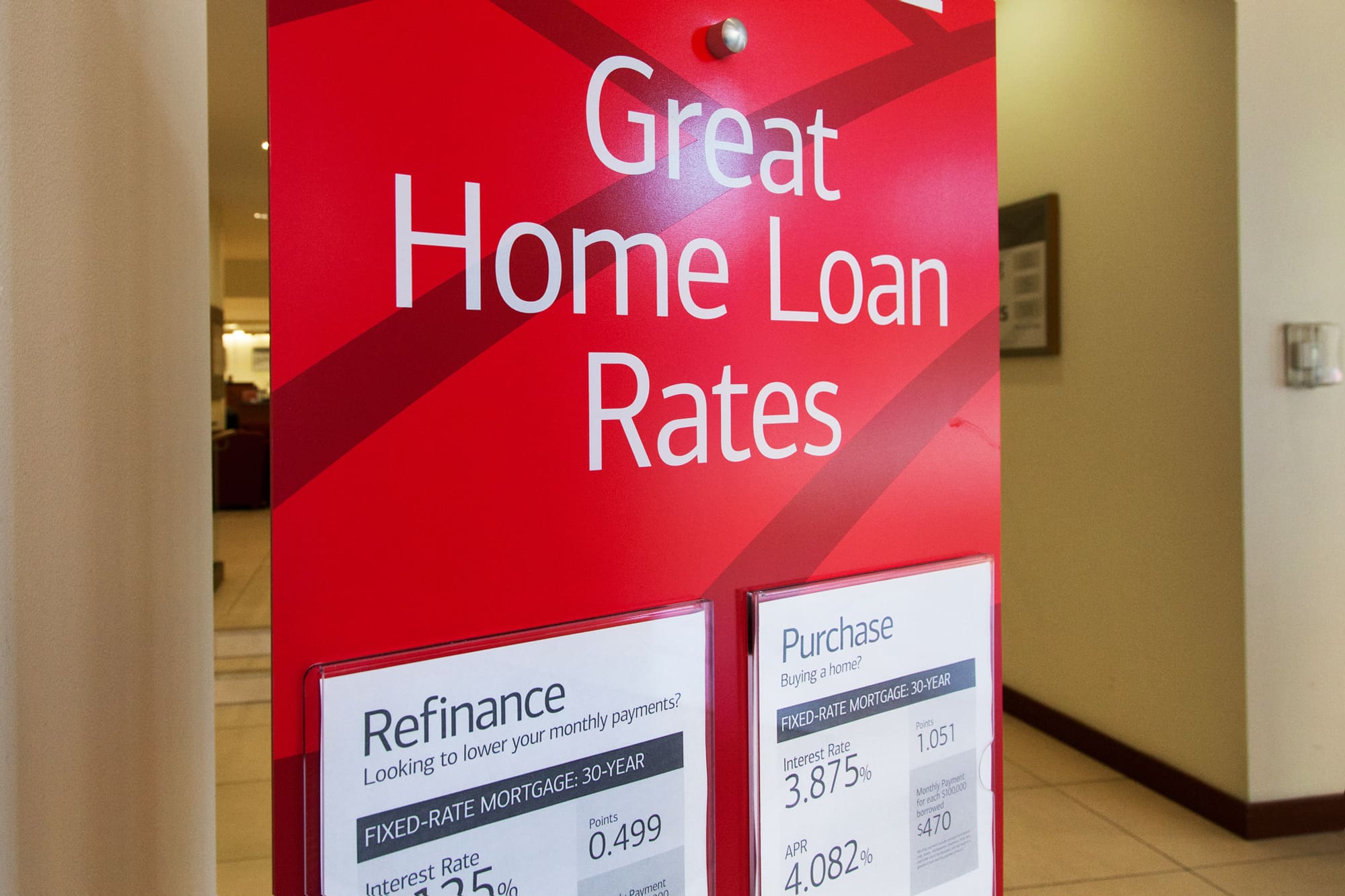For most mortgage borrowers, the first of the month is payment day. This month, however, is a very different story. Millions of borrowers have either lost jobs or income, and are suddenly struggling to make those monthly payments.
Borrowers with government-backed mortgages, through Fannie Mae, Freddie Mac, the FHA or the VA, are entitled to a loan forbearance plan under the administration's economic recovery plan. They can miss up to one year of payments, which will then be added to the back end of their mortgages.
These loans make up 62% of the total market of first lien mortgages, according to the Urban Institute.
The rest are mostly held by banks or private lenders, and a very few are in private-label mortgage-backed bonds. Large banks like Wells Fargo and Chase are also working with borrowers to offer forbearance.
At Caliber Home Loans, which services about 750,000 government-backed mortgages, the phone and internet lines are lighting up.
"Call volumes are up very significantly, they're up about six times," said Sanjiv Das, CEO of Caliber. "We have set up IVR, which is the integrated voice response, which basically allows customers to self-service. On Sunday itself we had 8,000 IVR requests that were people able to get their own forbearance online."
Das headed Citibank Mortgage during the subprime crisis, when millions of borrowers lost their homes to foreclosure.
"Oh goodness, this has been a very abrupt shift, I must say, compared to the last housing crisis," he said.
The housing and mortgage markets are much healthier now than they were then. Homeowners have a record amount of equity, compared with the subprime crisis when home values plummeted and millions of borrowers were underwater on their mortgages, owing more than their homes were worth.
"So a large number of customers still have disposable cash, and I think that's helping us a little bit. However, if unemployment gets as deep as some people are predicting, if it gets to the mid-teens, then it could be far deeper than the subprime crisis," he added.
Das said the majority of calls are coming from borrowers in the hospitality industry, especially hotel and casino workers, and from Florida and New York. Most who are calling have low down payment loans, so they have much less equity in their homes.
Some are concerned that the government's forbearance program is ripe for fraud, because it specifically says borrowers do not have to prove any financial hardship. They simply have to ask.
"When Congress passed the Cares Act, it did so without either fully considering the risks it created in the housing market or consulting with the firms that would have to implement and step in on the borrowers' behalf to advance forborne payments," said Joshua Rosner, managing director at Graham Fisher & Co., an independent research consultancy. "The Act does not require any proof be furnished, and in fact, prohibits mortgage servicers from asking for any proof of such an economic hardship."
Rosner said that creates a dangerous moral hazard, ripe for fraud. Das, however, said he doesn't see it that way.
"We've been thinking about the risk of moral hazard. We know that that existed even the last time around when there were principal reductions done," said Das.
"Look, the speed with which this is unraveling, it's going to be very difficult to implement if we had to verify every piece of documentation to prove that somebody was sick. I think we need to act fast and if that means that on the margins some people abuse the system, I'm sure the system catch up with them."
A spokesperson for the FHFA, which oversees Fannie Mae and Freddie Mac said borrowers will have to provide documentation when they set up their repayment plans. Lying then would be considered fraud.
Mortgage delinquencies could in fact exceed those during the subprime crisis.
"I think in 2009 the crisis peaked at 90 days+ delinquencies at 9%, about 9% of the portfolio. I think this time we will get to that peak in about six months. I think it is completely possible that we will go 40-50% on top of that," Das predicted.
Given the strength of the housing market going into this crisis, the government and bank forbearance programs, and the high value of homes today, experts say those delinquencies are unlikely to yield the high volume of foreclosures seen a decade ago.


